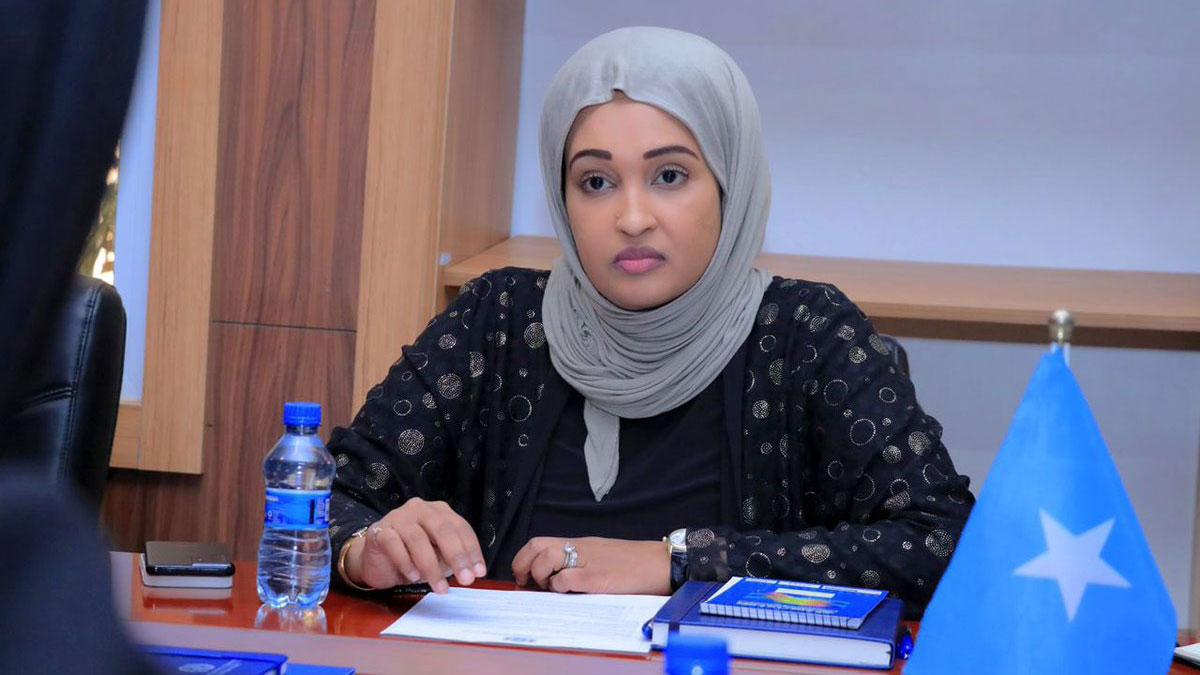Somalia’s first environment minister aims to alleviate suffering from climate disasters
When Somalia’s new President Hassan Sheikh Mohamud was sworn into office in May, one of his first acts was to formally create a federal Ministry of Environment and Climate Change.
He chose Khadija Mohamed al-Makhzoumi, Somalia’s former ambassador to Iraq and Pakistan, to head the department.
While Makhzoumi doesn’t come from a science background, she does have experience building institutions from scratch as she grew Somalia’s diplomatic presence abroad.
The creation of this ministry comes amid Somalia’s worst drought in more than 40 years, and as the United Nations warns that famine is at the door.
“The reason that the president has established this ministry is because of the problem and the situation that people are suffering in Somalia,” she said.
“Humanitarian issues and disaster — it’s climate change. It’s affecting so many areas in Somalia.”
Environmental disasters like drought are not new to Somalia. But some experts are saying a combination of climate change and widespread deforestation is leading to extreme climate events with more frequency.
“The world, they think [the] only problem that Somalia has is security issues,” Makhzoumi said.
But the biggest problem in the country now is climate change, she said: “We need to take climate change issues seriously.”
One of the first things on Makhzoumi’s to-do list is a fact-finding trip around the country to areas that have been hit worst by environmental crisis, including the current drought, and to raise international awareness.
“Globally, everyone is talking about climate change, but nobody is talking about how Somalia [is] impacted,” she said.
“We need to have support in that area,” she said, pointing to financing infrastructure projects and overall climate financing that can help Somalis adapt to their changing environment.
“If we don’t respond now there will be more disasters and more issues will come up later,” she said.
Related: Drought, high temps in Somalia are pushing people to move to other towns
Correction: An earlier version of this story incorrectly referred to Khadija Mohamed al-Makhzoumi’s ambassador territory and also incorrectly attributed the photo credit. It has been corrected.
